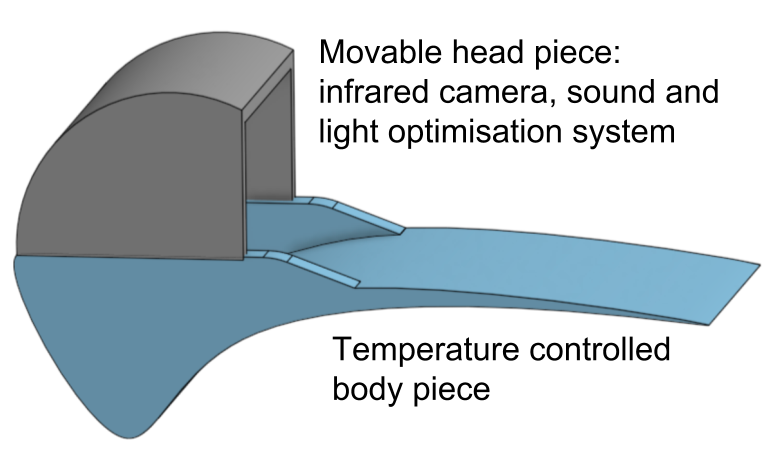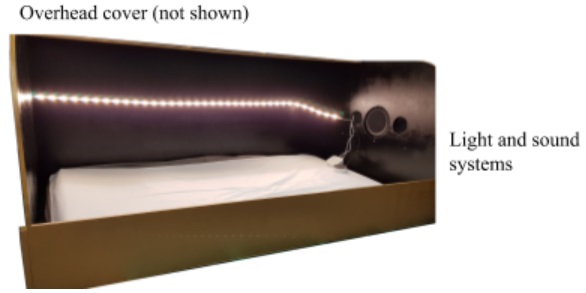What happens to our 8.3 billion neurons when we sleep? Sleep, often defined as a transient loss of consciousness, seems to have an important biological function. Some publications suggest that sleep clears Amyloid ß, a protein that putatively causes Alzheimer’s. Others claim that it serves an antioxidant function to clear reactive oxygen species. We still consider sleep as a “biological mystery” due to this lack of consensus on its function. Sleep Imperial aims to better understand the biological processes underlying sleep in order to inform us on how to sleep better!
An omnipresent phenomenon
From humans to simple organisms like fruit flies, all animals tested so far seem to sleep. This means that sleep might be independent of the complexity of the nervous system. We also know that sleep is vital. Chronic sleep deprivation (which many people are unfortunately too familiar with) leads to disastrous physical and mental consequences. Dr. Giorgio Gilestro, a leading researcher from Imperial College, attempts to elucidate the function(s) of sleep using model organisms and cutting-edge technologies. Please check out his inspiring Ted Talk!
Most of the current research uses the electrophysiological analysis of the sleeping brain in a descriptive fashion. Indeed, electroencephalograms are used to describe the different stages of sleep, but this is not really informative on the function of sleep. The Sleep Imperial team is currently developing the SleepPod! We aim to use Artificial Intelligence (AI) to monitor and analyse a wide variety of correlates in the hope to shed light on the homeostatic function of sleep!
Avant-garde innovation

The SleepPod is a next generation portable device that optimises sleeping time, temperature, posture, odour, etc. for each individual user using AI. Above is our newest model currently under design. It will have both medical and research purposes. Below is the archived version!

If you are interested to get involved, please refer to the Join us page!
The molecular modelling of GABA-A receptor
Yizhou, the current chair of the Sleep society at Imperial College, has recently conducted an in silico research to determine where propofol may bind on the GABA-A receptor.